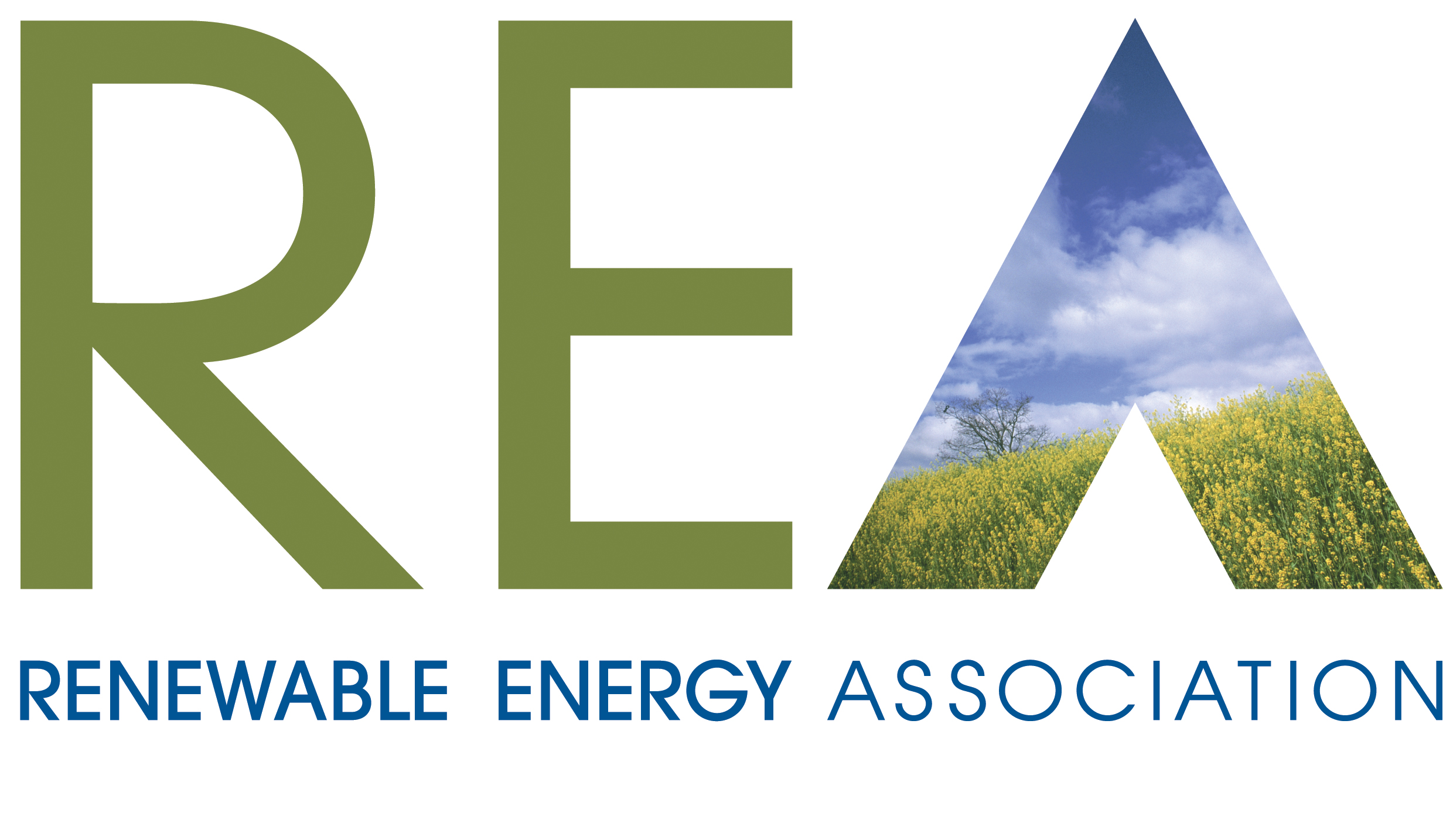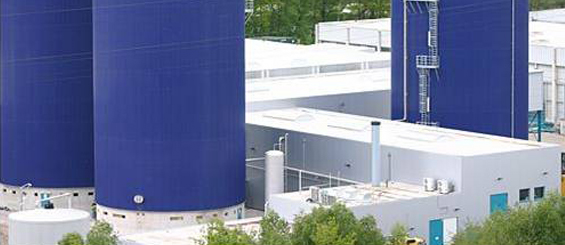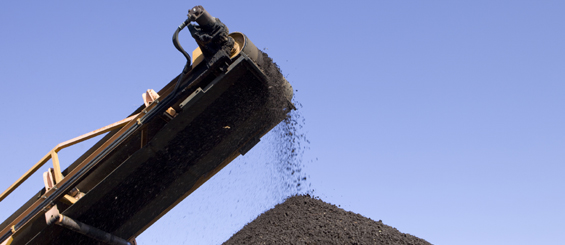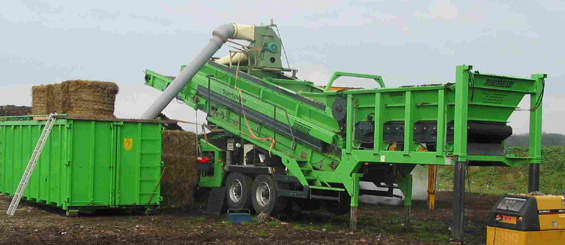Adverts
German research looks at organic fertilisers as a vehicle for the entry of micro plastics into the environment.
A group of German researchers have published a paper in Science Advances where they look at organic fertilisers as a vehicle for the entry of micro plastics into the environment. They compared samples of compost and digestate derived from biowaste inputs with digestate from a farm-fed plant and looked for the presence of small plastic particles. They found plastic in all the samples but there was a significant difference in the levels of contamination observed between the samples from different processes.
Please see the full article here.
This is a useful reminder about the importance of ensuring compost and digestate are fit-for-purpose to ensure that the quality meets users needs and expectations.
Abstract:
The contamination of the environment with microplastic, defined as particles smaller than 5 mm, has emerged as a global challenge because it may pose risks to biota and public health. Current research focuses predominantly on aquatic systems, whereas comparatively little is known regarding the sources, pathways, and possible accumulation of plastic particles in terrestrial ecosystems. We investigated the potential of organic fertilizers from biowaste fermentation and composting as an entry path for microplastic particles into the environment. Particles were classified by size and identified by attenuated total reflection-Fourier transform infrared spectroscopy. All fertilizer samples from plants converting biowaste contained plastic particles, but amounts differed significantly with substrate pretreatment, plant, and waste (for example, household versus commerce) type. In contrast, digestates from agricultural energy crop digesters tested for comparison contained only isolated particles, if any. Among the most abundant synthetic polymers observed were those used for common consumer products. Our results indicate that depending on pretreatment, organic fertilizers from biowaste fermentation and composting, as applied in agriculture and gardening worldwide, are a neglected source of microplastic in the environment.
Published: 6/4/18
visitor comments
Members' Area
Become a Member!
Join the Organics Recycling Group at the Renewable Energy Association by clicking below.





.jpg)


